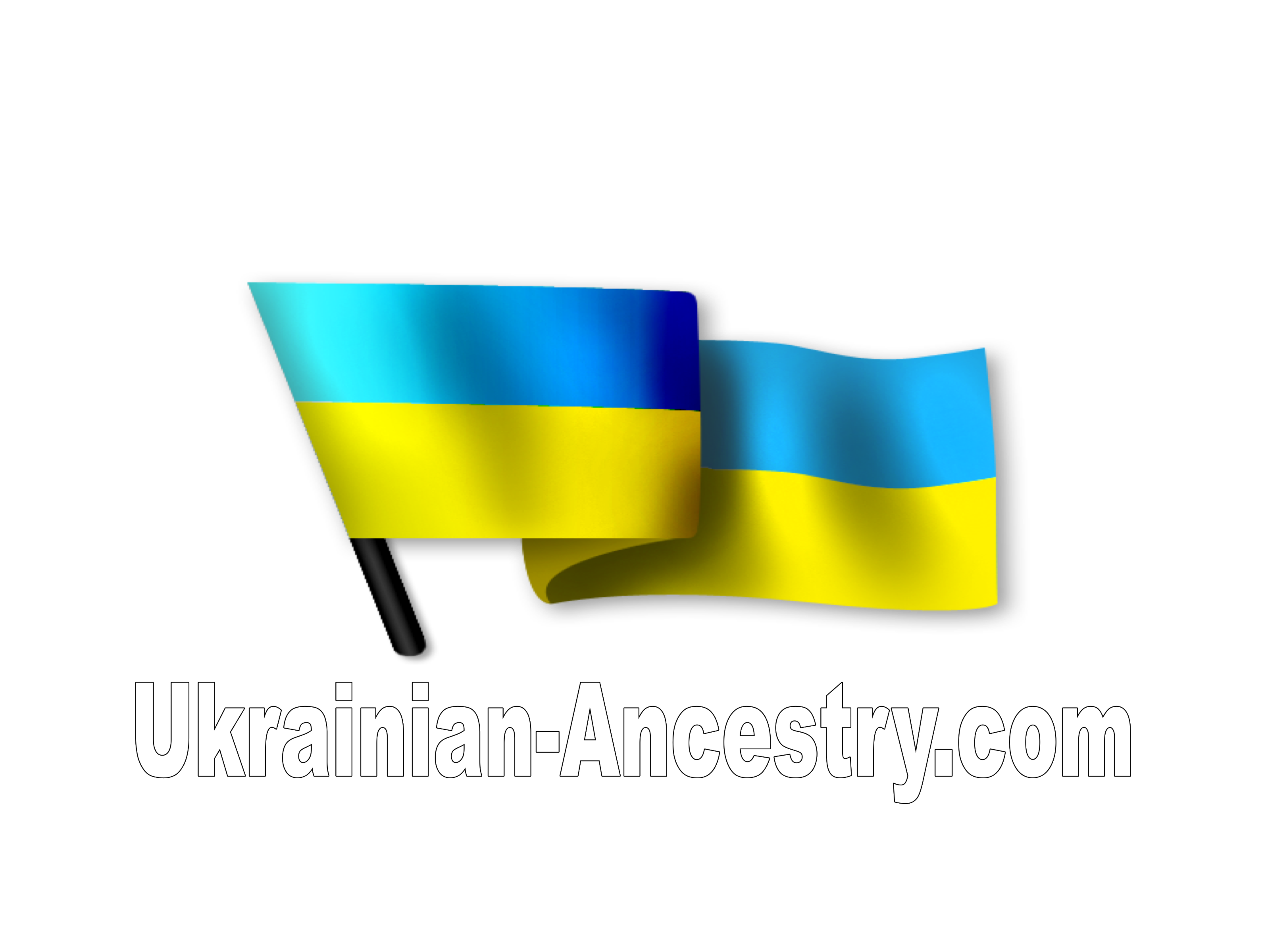
By Uilleam Blacker 10 March 2022
On February 26, missiles rained down on Kyiv as the Russian army tried to enter the city. During a lull in the fighting, Tamara Hundorova, one of Ukraine’s foremost literary critics, sat calmly in front of her laptop and delivered an online lecture on the Ukrainian modernist writer Lesya Ukrainka, a canonical fin de siècle poet and playwright.
Ukrainka is often reduced to her youthful patriotic verses, which every schoolchild in Ukraine reads. Hundorova, however, spoke of her as a complex dramatist, a feminist, and an anti-colonial thinker. As she ended her talk, she sighed and said:
I never thought I’d be speaking to you from Kyiv on the front line, that I’d be sleeping on the floor in the corridor in fear of bombs, waking up to the sounds of explosions, watching children play in bomb shelters instead of on the playground. But I’m amazed by the courage of Ukrainians, all trying to help our defenders with such belief and such love. You know, this war of Putin’s has made Ukrainians into real Ukrainians.
Ukrainians frequently speak of the need to become Ukrainians: to consolidate their culture, language, and institutions after centuries of imperial domination. What Ukrainians see as a work in progress, however, Russia interprets as weakness; it views Ukraine as an accident of history. Indeed, before he ordered in the tanks, Vladimir Putin spent nearly an hour on television trying to convince Russians that Ukraine was nothing but an “anti-Russia” engineered by the West on “our historical land.”
Read: Who is Vladimir Putin’s revisionist history for?
Ukrainian national identity is not an accident, nor was it invented by the West. But for centuries, Ukrainians have struggled to fend off attempts to erase their culture. In the early 19th century, Russian publishers accepted Ukrainian literature only if it was ethnographic, comedic, or apolitical. (Serious literature had to be in Russian.) Successive laws in 1863 and 1876 led to the effective banning of all works in the Ukrainian language, as well as their near-complete prohibition in public settings. In the 1930s, Stalin executed a whole generation of writers who had been rebuilding Ukrainian literary culture in the decade prior, brutally cutting short the growth of the country’s vibrant avant-garde.
The story of Ukrainian literature is one of defiance in the face of imperial arrogance. Often, Ukrainian writers worked cautiously within the restrictions the Russian empire imposed in order to create some semblance of a literary culture. Sometimes they tried to express their Ukrainianness through works written in Russian. Others chose outright criticism of Russian imperialism—and suffered for it. Others still simply laughed at the hubris of those intent on making Ukraine look insignificant.
No one used humor to assert Ukrainian identity more than Nikolai Gogol (known as Mykola Hohol in Ukrainian), who despite his origins is known to the world as Russian. Likely taking inspiration from his father, who wrote folksy Ukrainian-language comedies for a provincial theater in central Ukraine, Gogol’s early works, published in the early 1830s, were raucous, colorful comedies about life in a Ukrainian village—but he wrote them in Russian, for readers in St. Petersburg and Moscow. In one of his most famous stories, “Christmas Eve,” a group of Ukrainian Cossacks visits Catherine the Great in St. Petersburg. In a comic conversation littered with cultural and linguistic misunderstandings, there’s also a flash of politics: The Cossacks demand to know why Catherine destroyed their autonomy (a real event that happened in 1775). But before she can reply, the story leaps safely back into comic territory. Many Russian readers would have seen in this encounter nothing more than a joke at the expense of the simple Cossacks, overawed by the grandeur of the palace and the empress. For Ukrainians, it tapped into the folk tradition of the Cossack trickster who refuses to defer to authority.
This irreverence toward the empire was the foundation on which the Ukrainian literature of the mid-to-late 19th century was built. With writers such as Ukrainka and Taras Shevchenko, Ukraine’s national poet, this defiance was far more overt than with the outwardly loyal Gogol. Shevchenko was born a serf and knew that peasants’ lives were nothing like Gogol’s jolly idyll. “You laugh full deep,” he scolded his compatriot in a poem addressed to him, “while I must weep.” Shevchenko’s attacks on the empire and its repression of minority nations are fiery and uncompromising. In his poem “The Caucasus,” for instance, he writes, “From the Moldavian to the Finn / Silence is held in every tongue.” For this stance, Shevchenko was arrested, forced into military service, and banned from writing for 10 years.
Ukrainka defied imperial restrictions and stereotypes through work that criticized colonialism and embodied feminist ideas. Her dramas set in Spain, Troy, and Babylon brought European and world culture into a literature that had been forced into parochialism. Some Ukrainian intellectuals criticized her for ignoring Ukrainian subject matter. Yet she did write one play about Ukrainian history, The Noblewoman, a drama in verse set in the 17th century after the Cossack leader Bohdan Khmelnytskyi signed a famous and fateful alliance with Moscow in order to free Ukraine from Polish control. Oksana, a Cossack woman who agrees to marry a Ukrainian noble serving at the Moscow court, tries to assuage her fears about life in an “alien land”: “It’s not so much a foreign land, is it? / Religious rites are there the same, and I / Already understand somewhat their speech.”
She is mistaken. In Moscow, Oksana is not permitted to speak with men as their equal, is pressured to cover her face in public, and can’t leave the house on her own. Her foreignness makes her an object of curiosity and incomprehension. She is treated, as Hundorova noted in her lecture from besieged Kyiv, as an exotic object to be seen and not heard, much in the same way Ukrainian culture had been reduced to a colorful ornament in the imperial cultural imagination of Ukrainka’s own time. Oksana falls into a depression, but cannot return home, as Ukraine has been plunged into chaos and conflict: “Ukraine lies bleeding under Moscow’s boots / Is that what you call ‘peace’? A ruined waste?” The play’s message that alliance with Moscow was a tragedy for Ukraine directly contradicted official imperial historiography, and it was neither published nor performed until after the collapse of the empire. Tellingly, Soviet editions of Ukrainka’s works also omit the play.
After Ukrainian independence, in 1991, Ukrainka became a major inspiration for a new generation of writers and thinkers, Hundorova among them. As global currents such as post-colonialism and feminism began to trickle into newly democractic Ukraine, local intellectuals immediately recognized Ukrainka in these “new” ideas. Oksana Zabuzhko, for example, one of Ukraine’s foremost novelists and a biographer of Ukrainka, explored these themes in her 1996 novel, Fieldwork in Ukrainian Sex, independent Ukraine’s first real best seller, which recounts the tumultuous romance between a female poet and a male artist in the early days of independence.
Read: Nine excellent movies that show what Ukrainians are fighting for.
For the protagonist, preserving national identity and resisting Russification are not just political, but also private, intimate matters that dictate her choice of partner and her desire to have a child:
And we’ll be able to defend him [their child], won’t we? God, how many of us are there anyway, this unhappy Ukrainian intelligentsia, forcefully and throughout history held back—just a handful, and at that scattered: a dying species, dying out clans, we should be multiplying like crazy and constantly.
As in The Noblewoman, however, the female protagonist, longing for personal and national liberation, is frustrated by a man who is unable to emerge from the imperial shadow. In Ukrainka’s play, Oksana’s husband is servile, obligingly performing Ukrainian songs and dances for the czar’s entertainment, while the artist in Zabuzhko’s novel is wracked by an inferiority complex familiar to citizens of dominated nations. In these works, the female characters have a strong sense of Ukrainian identity, while their male counterparts serve as a warning against acquiescing to the empire.
During her lecture, as she spoke about Ukrainka’s ill-fated Oksana, Hundorova suddenly dropped her measured academic tone. Her voice became more urgent as she linked the fatal clash of cultures at the heart of The Noblewoman, whereby Oksana is consigned to voiceless objectification, to today’s war. Russia’s refusal, over the centuries, to perceive or hear Ukraine, to accept Ukraine’s existence on its own terms, lies at the foundation of Putin’s aggression. Those on the streets of Kyiv that day could feel the violent manifestation of that clash. As the works of writers from Ukrainka to Zabuzhko show, however, that violence only inspires Ukrainians to find ever more powerful, inventive, and irreverent ways of becoming Ukrainians.
First published in The Atlantic Magazine.
